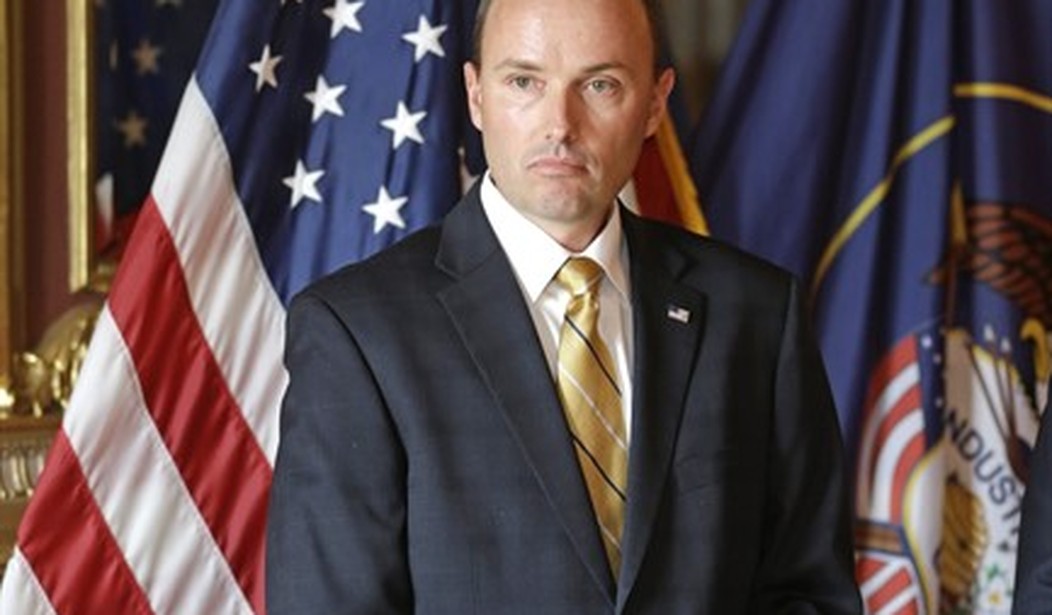Sixteen states have declared pornography a “public health crisis.” Now, Utah has taken action.
Governor Spencer Cox signed legislation mandating that all cellphones and tablets sold in the state must automatically block pornography. However, the bill won’t take effect unless five other states pass similar laws.
Civil liberties groups are opposed to the law. “This is another example of the Legislature dodging the constitutional impacts of the legislation they pass,” American Civil Liberties Union attorney Jason Groth said.
Many may sympathize with the bill’s aims but are uncomfortable with the impact on privacy and free speech. It may not be unconstitutional but it certainly makes decisions for citizens on what they can and cannot view in the privacy of their homes or on their personal devices.
State Representative Susan Pulsipher, who sponsored the bill, has argued that the measure does not infringe upon any constitutional rights because adults can deactivate the filters.
She said she is “grateful” the governor signed the bill, which she hopes will help parents prevent their children from being exposed to pornography.
Utah lawmakers, a number of whom are members of the Church of Jesus Christ of Latter-day Saints, had previously ordered that warning labels be required on print and online pornography.
There is a question of whether porn blocking software is actually effective — especially in keeping adolescents from watching it. It probably works well enough to prevent very young children from being exposed, but otherwise, is easily evaded by most adults and teens.
Combating porn is a perennial issue for Utah lawmakers, who are predominantly members of The Church of Jesus Christ of Latter-day Saints. Lawmakers have previously mandated warning labels on print and online pornography and declared porn a “public health crisis.” Church leaders also have drawn attention to what they consider the harms of pornography.
There is some precedent for other states following Utah’s example on porn restrictions — more than a dozen states advanced similar resolutions to declare porn a public health crisis after Utah became the first to do so in 2016.
Porn has been an internet staple since the net became ubiquitous in the 1990s. Efforts to tame the porn industry haven’t worked, as there is a tsunami of porn from overseas, where studios don’t have the same rules to follow. Internet porn is a $5 billion-a-year industry and you’re not going to just make it disappear with a few laws.
The impact of porn on the economy — the “respectable” economy — is substantial.
Many companies that seemingly have nothing to do with sex also indirectly profit off porn. As Frontline laid bare, phone carriers like AT&T, satellite TV providers like DirecTV, and hotel chains like Marriott have earned millions by piping in smut to their customers.
“It’s the crazy aunt in the attic,” an AT&T official told the New York Times. “Everyone knows she’s there, but you can’t say anything about it.”
Porn is here to stay — filters or no. Keeping it out of the hands of children — and irresponsible adults — should be the goal, not dictating to people what they can watch in the privacy of their own homes.
Congress Tells Government Agencies to Release Everything They Have on UFOs. Will They Comply?










Join the conversation as a VIP Member